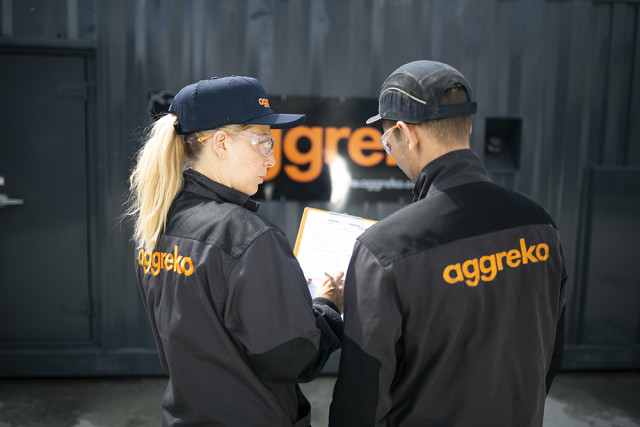Aggreko commits to greener future

Temporary power, heating and cooling solutions provider Aggreko has been certified to the Carbon Trust Standard and achieved the ISO 50001:2018 international standard for energy management.
Replacing the Carbon & Energy Management and Reduction Scheme (CEMARS), the Carbon Trust Standard independently assesses an organisation’s achievements in managing and reducing carbon emissions. By accrediting Aggreko to the Standard, the Carbon Trust has independently recognised the company as taking a best practice approach to achieving real year-on-year reductions.
As part of its commitment to both accrediting bodies, Aggreko will significantly reduce its power-related carbon emissions. With this pledge in mind, the company has also switched its electricity contract to 100% renewable electricity, with all annual electricity demand required to supply Aggreko’s Service Centres being generated by offshore wind generators.
Chris Rason, UK managing director at Aggreko, says: “Aggreko has a vision to be the greenest provider of temporary power equipment and our aim for the next year is to help customers become greener. As a business, we are taking active responsibility to limit the impact our business has on the environment and we look forward to seeing the positive changes these real commitments through certification will have.”







